Freen Sarocha’s Airport Look Sets the Tone for Valentino Couture 2026
Carefree and elegant, the 27-year-old actress stuns fans with her new casual ...
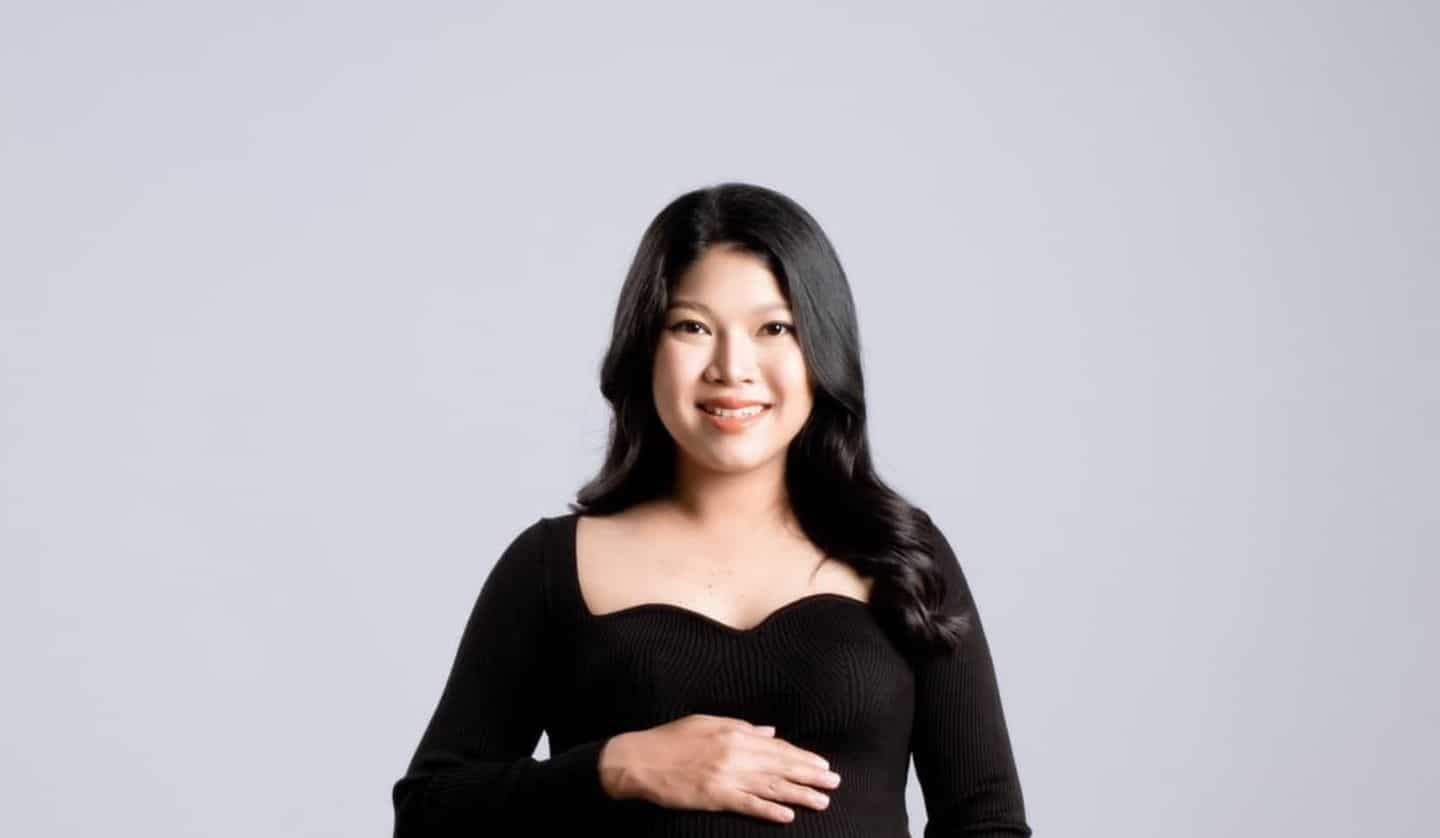
For many deaf people accessing legal information can be complicated. While most of us can search online, watch a video or call a lawyer, deaf individuals often need extra support. Videos aren’t always captioned or signed and consultations may require arranging an interpreter.
It was these everyday challenges that inspired Sujitra “Bume” Phinprapas, a Thai lawyer fluent in sign language, to focus her career on making the legal system more approachable and inclusive for the deaf community.
Koktail had the chance to sit down with Bume to talk about these challenges and how she is working to make the legal system more accessible for the deaf community.
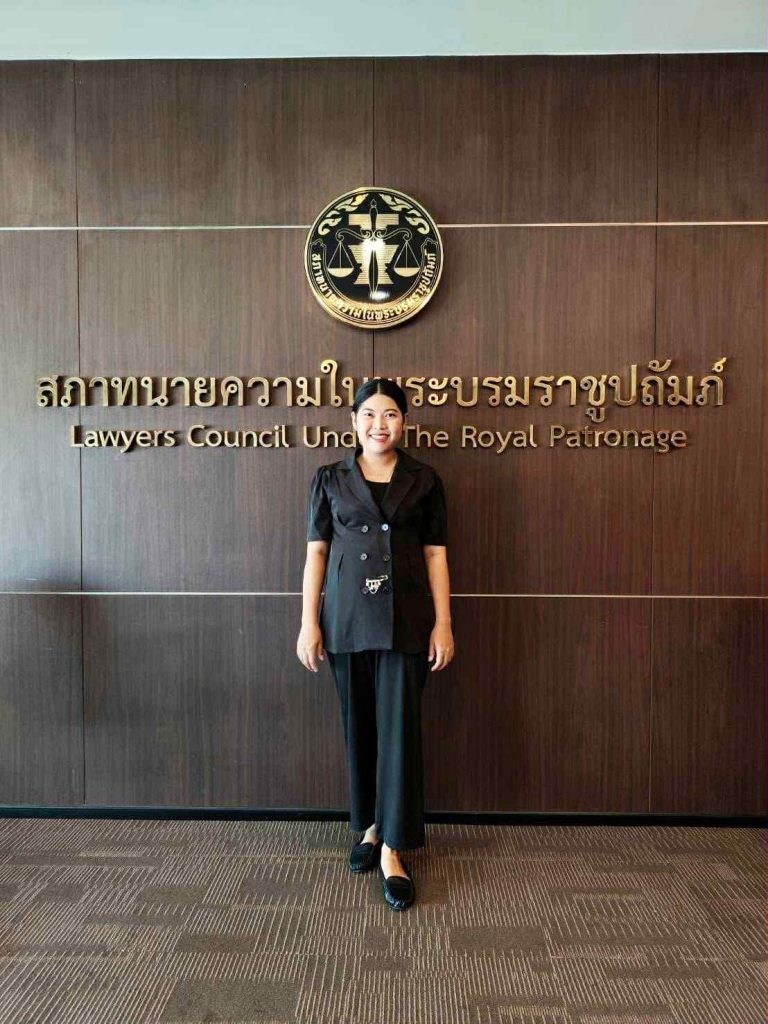
Since high school Bume was already dreaming of a career in law and imagined herself as a judge or a prosecutor one day. But it was an unexpected encounter that opened her eyes to a world she hadn’t really noticed before.
“At first I wasn’t really interested in anything to do with deaf people or sign language. I was studying at a boarding school when a group of deaf visitors came for a school trip. I watched them signing to each other; it caught my attention as I’d never seen it in real life before. I started wondering what they were saying and how they communicated. Later when I was in my final year of secondary school, a senior who had graduated came back to give us some advice. They mentioned there was a course in Deaf Studies, where you could even train to become a sign language interpreter, and that’s what sparked my curiosity.”
Bume realised that the legal system could feel distant and confusing for people who spoke differently. It struck her that if she could combine her legal training with knowledge of sign language she could bridge that gap and make justice more accessible.
This idea set her on a broader path. Alongside pursuing a Bachelor of Laws at Ramkhamhaeng University she also enrolled in a Bachelor of Arts in Deaf Studies at Ratchasuda College, Mahidol University.
“In the beginning it was quite tiring,” she laughs. “I didn’t really get any proper holidays like everyone else. But I enjoyed what I was doing –it was fun and I knew exactly why I was doing it. I just had to learn how to manage my time.”
The Deaf Studies programme offered her far more than academic knowledge. She learned about deaf culture, education methods and ways of communicating, but it was the college’s programme of pairing hearing and deaf students as roommates that gave her the deepest insight. Living and learning alongside her deaf peers completely reshaped the way she saw the community.
Spending time with her deaf colleagues helped Bume see beyond labels or assumptions. At the end of the day everyone faces challenges and has their own strengths. That experience shaped the way she works today: making the legal system easier to understand and helping deaf people feel confident in using their rights.
After graduating from Ratchasuda College, she started her first job as a sign language interpreter. Then once she finished her law degree at Ramkhamhaeng University she went on to take the exam for her professional licence to practise law.
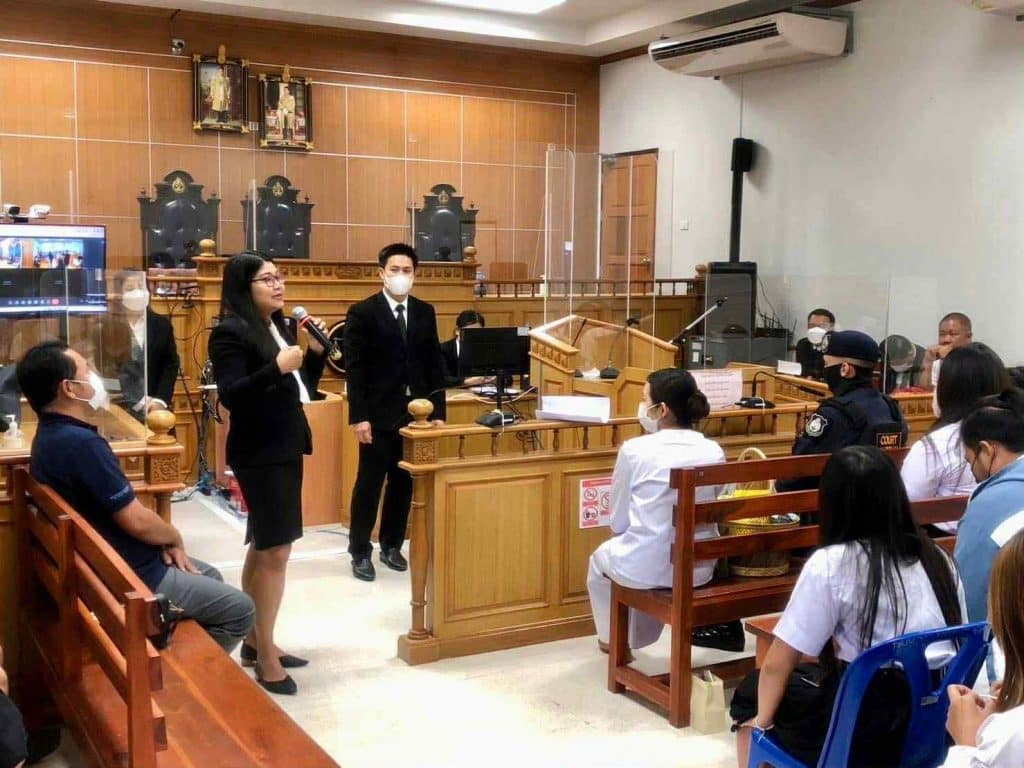
“When I first started taking on cases, I assumed that the main group struggling with legal issues would be deaf people,” Bume recalls. “But once I began working directly with the public, I realised that many people, deaf or hearing, face the same problem: they simply don’t know the law. It’s more about inequality in access to information. The difference is that deaf people have an extra layer of difficulty when it comes to reaching a lawyer. They can’t communicate directly and usually need an interpreter, which makes everything a little more complicated.”
Being able to communicate in sign language herself allows Bume to bridge that gap. When deaf clients come to see her, it feels just like talking to any other client.
“The most recent case I worked on began when I was giving a legal workshop in Sing Buri for the local Deaf Association,” Bume recalls. “One of the members came to speak with me afterwards. During the session, I’d been talking about family law. Things like inheritance and legal parenthood, and she realised she might have a problem.”
She and her husband, who are both deaf, had never registered their marriage and they have two children who are also deaf. When her husband passed away, she discovered that, legally, her children weren’t recognised as his because their parents weren’t officially married. That meant they couldn’t claim their father’s social security benefits.
“So I explained how she could apply for legal recognition of her children through the court, which would allow them to access the benefits they were entitled to. I helped her through the process free of charge. I just wanted her family to have a better life. It felt meaningful to be able to do something that had a real impact, even if it was just helping them secure that last bit of financial support.”
But she doesn’t stop at one-on-one consultations or court appearances. She travels across the country, running workshops for deaf communities and training interpreters on how to work in legal settings. Bume and her team travel to different provinces to provide legal education for deaf people across the country.
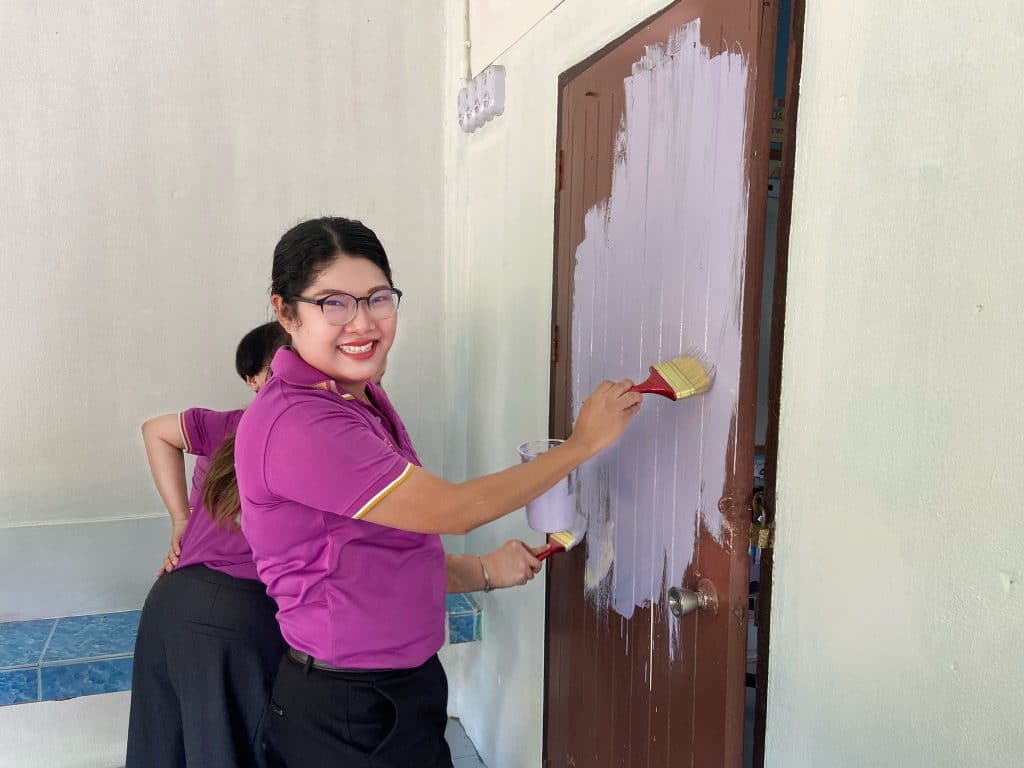
“There are more than 20 deaf associations and clubs that we’ve worked with so far. The way people absorb information really depends on how they communicate. For hearing audiences we prepare the material one way; for deaf audiences we adapt it differently. Because I took Deaf Studies I understand deaf culture and how people in the community receive information. So I adjust the legal content to make it clearer and easier for them to understand.”
For Sujitra the real reward comes from seeing people gain confidence and independence. It’s not just about giving advice. It’s about opening doors that show that the law can be understood, used and even as a tool for empowerment. That sense of making a genuine difference is what drives her forward, day after day.
“I’d say the person who inspires me most in this challenging line of work is Her Royal Highness Princess Maha Chakri Sirindhorn. I received a scholarship in her name while studying at Mahidol University, which allowed me to study free of charge. What she asked of me in return was simply to use my knowledge to help the deaf community. That has always stayed with me and it’s what I feel deeply committed to giving back to.”
Nowadays Bume works as a lawyer with the Ratchaburi Provincial Lawyers Council, serves as a legal officer at the Provincial Electricity Authority, and also works independently as a sign language interpreter. Her ambition to create equal access to justice has never faded — it continues to drive everything she does.
“Being a lawyer and being a sign language interpreter are very different,” Bume explains. “As a lawyer I can offer advice to my clients, guide them and help them make decisions—I’m responsible for leading them towards the best outcome. But as an interpreter, my role is entirely different. I act as a neutral bridge, conveying messages exactly as they are. Even if I personally disagree with something I cannot change or add to it. My job is simply to translate.”
“Finally what I’d like to leave people with is this: treat deaf people like anyone else. It’s completely normal that someone might not know the law, because access to information and learning isn’t always equal. See them as individuals in society. And don’t refer to deaf people as ‘mute’, it’s considered offensive.”
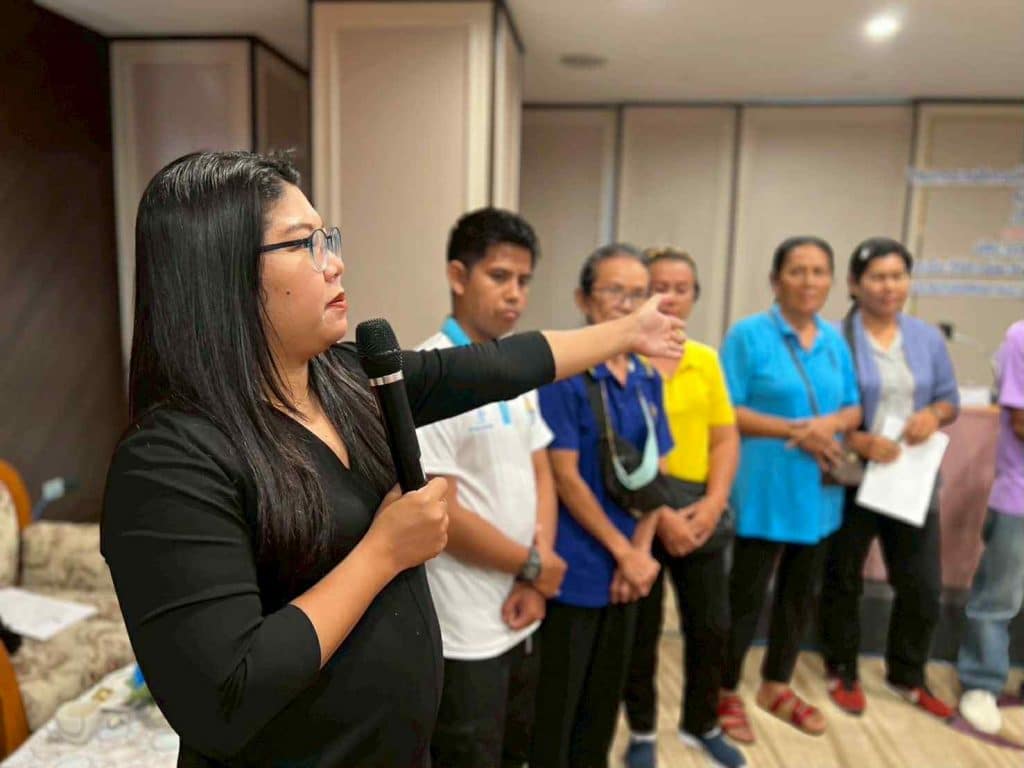
Carefree and elegant, the 27-year-old actress stuns fans with her new casual ...
Sailorr and Molly Santana’s black grills fuse hip-hop swagger with homage to ...
Wandering around the globe, try out the signature tastes of cultures across ...
These top 5 barber shops in Bangkok are where gentlemen can elevate ...
Thai superstars attended Milan and Paris Fashion Week 2026, marking a strong ...
Looking for something to be inspired by? Here is your guide to ...
Wee use cookies to deliver your best experience on our website. By using our website, you consent to our cookies in accordance with our cookies policy and privacy policy